Mulberry Magic

This last weekend I was lucky enough to be invited over to a friend's home on a bright sunny day to go wild and pluck as many mulberries, mulberry leaves, and mulberry twigs as I wished from her mulberry tree. Nevertheless, I was quite tame and only took a little for my home medicinal purposes as I'll be leaving to live in China again soon to continue my work and study on yao shan, a.k.a. medicinal cooking.

Mulberry trees grow rampant throughout Chicago and around the surrounding areas, and we are right smack in the middle to end of the fruiting season for them in the Midwest. If you are lucky enough to have a mulberry tree in your backyard where ever you may be, don't A) cut it down! and do B) use it for home remedies! In China, the mulberries I encountered are of the black mulberry species, Morus nigra (a much longer, tighter, sweeter fruit), whereas this mulberry tree (Morus alba, native to E. Asia but naturalized in urban areas of the E. USA) was fruiting white mulberries with purple spots as they matured and is still sweet but milder.
In Chinese Medicine, the mulberry tree is full of medicinal uses (a total of seven medicinals are derived from it). The bark, berries, leaves, twigs, silk worms & their droppings (silk worms feed on mulberry leaves), and a parasitic plant of the mulberry are all found in the Traditional Chinese Medicine Materia Medica.
Below is the list of the seven medicinals found on the mulberry tree, you can use Kamwo Pharmacy's online herbal directory to read more details :
Mulberry fruit/Sang Shen : tonifies yin and blood, moistens the intestines, replenishes fluids, use with caution in cold conditions
Mulberry Leaf/Sang Ye : releases wind-heat (i.e. sore throat, fever, headache), treats cough with sticky sputum, cools the liver (i.e. dizziness, red painful eyes, vertigo), cools the blood
Mulberry Twig/Sang Zhi : dispels wind-damp-heat, acts as a diuretic
Mulberry Root Bark/Sang Bai Pi : clears lung heat (i.e. cough with colored sputum), acts as a diuretic, used to lower blood pressure
Loranthi seu Visci, parasite of Mulberry plant/Sang Ji Sheng : tonifies liver and kidneys, protects the womb, nourishes blood, strengthens bones and tendons, expels wind-dampness, benefits the skin
Silk worm/Jiang Can : extinguishes wind and spasms, releases wind-heat and stops pain, clears toxic phlegm-heat nodules, stops itching, relieves migraines
Silk worm droppings/Can Sha : dispels wind-dampness, harmonizes the stomach
*note, for those who aren't TCM practitioners some of the language used to describe the functions is specific to TCM, here is a key for a few of them ('tonify' = enhance, improve function of; 'wind-heat' = a cold presenting with heat signs; 'cool' = in TCM cooling herbs treat 'hot' conditions and vice versa ; 'wind-dampness' = can manifest as a moving arthritic pain ; 'dispels' = rids of/releases ; 'wind-damp-heat' = moving arthritic pain with heat signs; 'harmonize' = soothes)
For the purpose of using these at home, if you are a layman and not a TCM practitioner, there are a multitude of possibilities. You can simply eat the mulberry fruit to your delight, unless you suffer from loose stools or a 'cold' stomach. You can also make a medicinal wine out of the mulberry fruit, here is a recipe you can use to base it on. You can dehydrate the berries and powder them and make a tincture OR powder them to use in a hot tea for when you are suffering from a dry constipation or a scanty menstrual cycle. You can cut some twigs with the leaves attached and hang them to dry from somewhere up high in your kitchen (as I do) and then use the dried twigs or leaves for the purposes listed above. Usually, these medicinals are used in formulas in TCM in conjunction with other herbs, but using them individually for acute specific conditions can help as well in the forms of medicinal wines, teas, and tinctures.
As a general rule of thumb if you are going to use a tincture, the dosage would be a few drops (3-5) 2-3 times per day. If you are using a medicinal wine, then a small shot glass worth 1-2 times per day is sufficient. If you are using powdered herbs in a tea, 1-2 tsp/per cup of tea, 2-3 times per day. Dosages vary according to the condition, your size, and your constitution. For more complex or delicate conditions, please consult an herbalist or medical doctor.



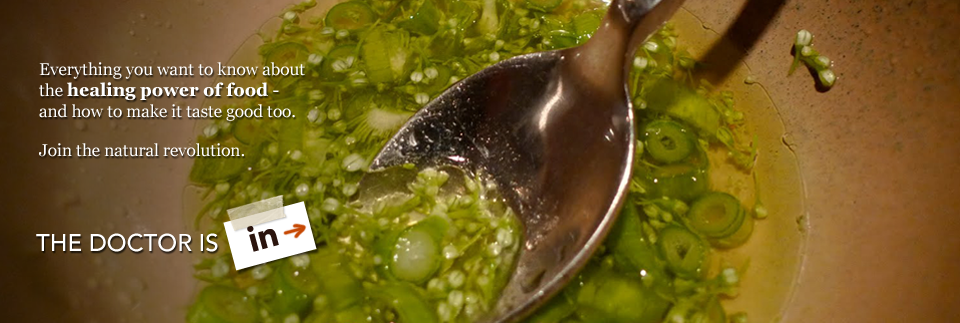
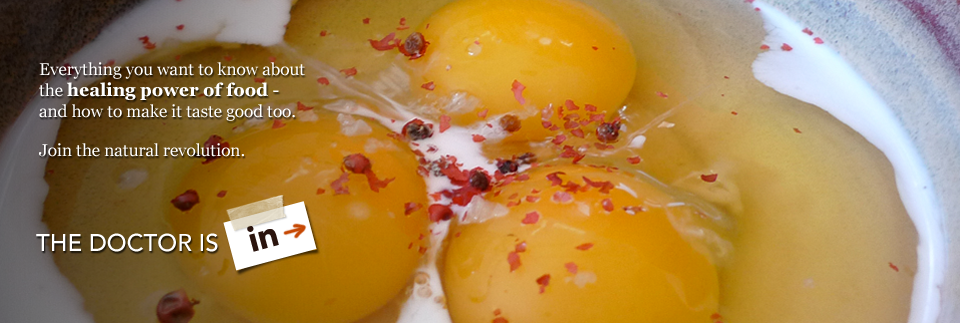
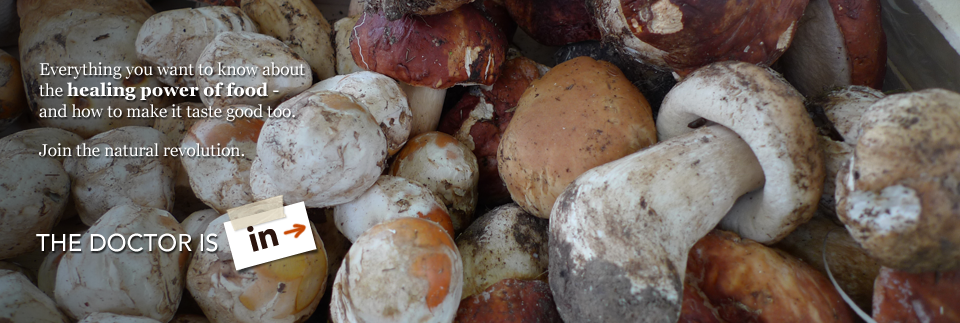
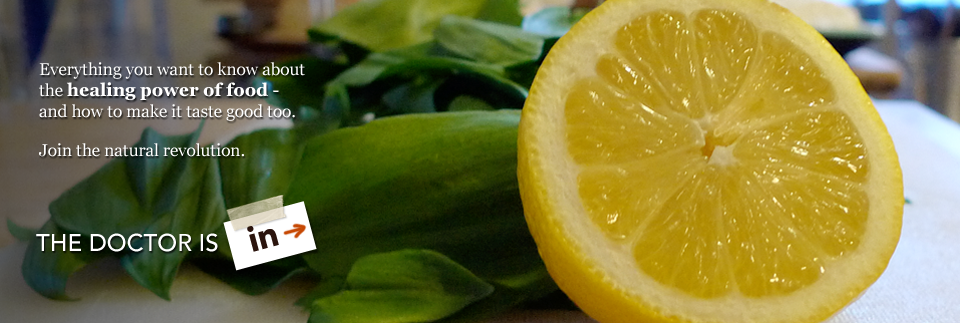

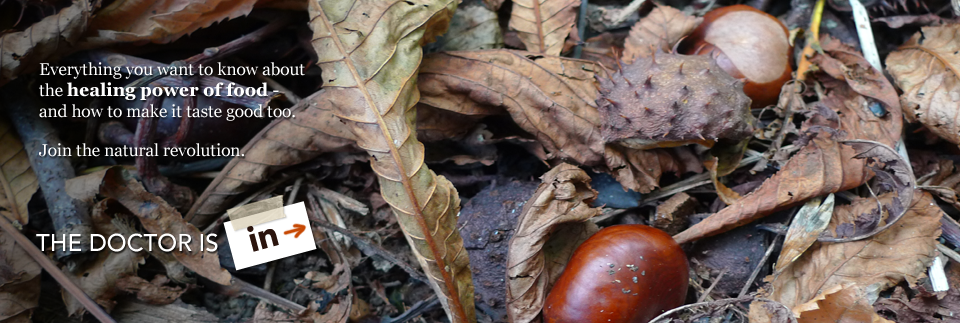
Post new comment